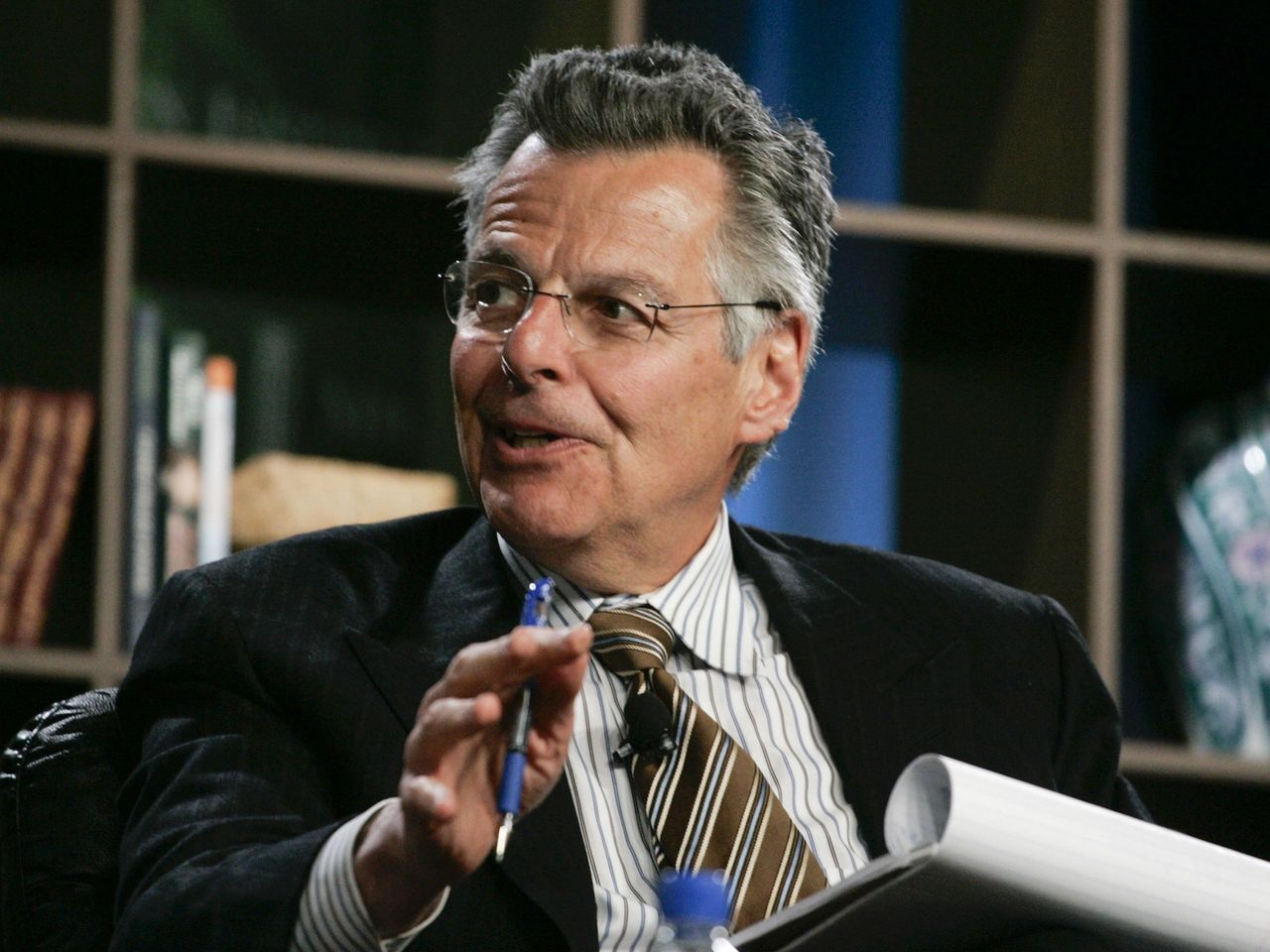Why was Myron Scholes Awarded the Nobel Prize for Economics in 1997?
The Nobel Prize for Economics in 1997: Myron Scholes' Revolutionary Contributions
In 1997, the Nobel Prize in Economic Sciences was awarded to Myron Scholes, alongside his collaborator Robert C. Merton, for their groundbreaking work in the field of finance and economics. The prestigious recognition celebrated their co-creation of the Black-Scholes option pricing model, which revolutionized the understanding of financial derivatives and had a profound impact on modern finance theory.

1. Co-Creation of the Black-Scholes Option Pricing Model
The primary reason for Myron Scholes’ Nobel Prize win was his instrumental role in co-creating the Black-Scholes option pricing model. Developed in collaboration with Robert C. Merton, this groundbreaking formula transformed the world of finance by providing a systematic approach to valuing stock options. Published in 1973, the Black-Scholes model offered a comprehensive framework for determining the theoretical value of options, taking into account various factors such as the underlying asset’s price, time to expiration, and market volatility. The model’s simplicity and accuracy have made it a cornerstone of financial markets and have revolutionized options trading and risk management strategies.
2. Contributions to Option Pricing Theory
Myron Scholes’ contributions to option pricing theory extended beyond the development of the Black-Scholes model. His work laid the foundation for understanding the relationship between risk and reward in financial markets. He played a crucial role in expanding the theory of pricing financial derivatives, making it more accessible and applicable to real-world scenarios. Scholes’ insights into how investors make decisions under uncertainty have shaped modern finance, leading to better risk assessment and improved investment strategies.
3. Advancements in Financial Economics
Scholes’ research in financial economics had a lasting impact on the discipline. His work not only advanced the theory of option pricing but also contributed significantly to the broader field of finance. By applying sophisticated mathematical models and techniques, he enhanced the understanding of asset pricing, investment decisions, and risk management in various financial contexts. His work has provided essential tools and frameworks for academics, practitioners, and policymakers to navigate the complexities of financial markets.
4. Practical Applications and Market Influence
The Black-Scholes model, co-developed by Myron Scholes, not only had theoretical significance but also practical implications. Its adoption revolutionized the trading of options and derivatives, providing investors with a clearer understanding of the fair value of these financial instruments. The model facilitated more informed investment decisions, improved risk management, and increased liquidity in financial markets. The impact of the Black-Scholes model has been profound and far-reaching, shaping the behavior of traders, financial institutions, and businesses worldwide.
5. Academic Leadership and Legacy
Apart from his influential research, Myron Scholes’ academic leadership and mentorship played a vital role in his Nobel Prize win. As a prominent economist and professor at several renowned institutions, including Stanford University and the University of Chicago, Scholes inspired and guided numerous students and researchers. His dedication to teaching and fostering intellectual curiosity left a lasting legacy in the field of finance, encouraging future generations of economists to explore innovative ideas and contribute to economic knowledge.
Myron Scholes’ Nobel Prize win in 1997 was a testament to his transformative contributions to the field of finance and economics. His co-creation of the Black-Scholes option pricing model revolutionized the understanding of financial derivatives and their applications. Scholes’ profound insights into option pricing theory, advancements in financial economics, and practical applications in financial markets have solidified his place as one of the most influential economists of his time. His legacy continues to inspire researchers and practitioners, driving advancements in finance and economics for years to come.




